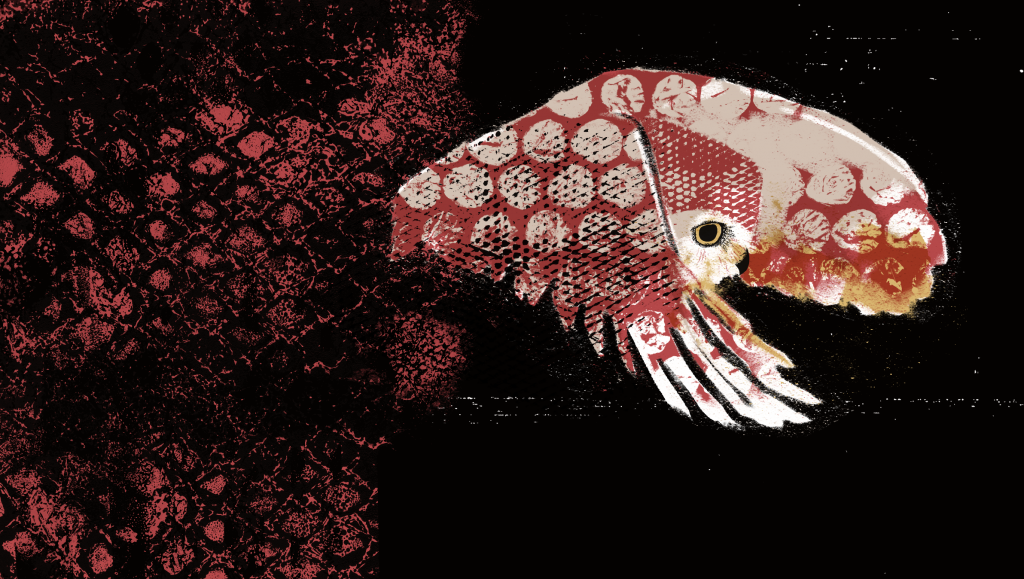
Banning fishing in the beel has not only affected the sustenance of the Keot fishing community in Guwahati but it is also threatening the beel’s very existence.

“Posua botah”, he said, “the wind is blowing from the west now so we cannot take you to the beel to show you how we catch fish. This wind cleans the water and we won’t get fish. ‘Bhatial botah’, when the wind blows from the east, the water turns muddy and the fish come up to the surface to breathe. That’s the best time to fish”, he explained. They know the beel like they know their body. They are the ‘Kewat’ (Keot in Assamese), a fishing community of more than 820 families from Keotpara in Azara. They are completely dependent on the Deepor beel for their sustenance. The beel gives them food and they look after her with sincere devotion.

With a perennial spread of about 10 km2, which extends up to 40 km2 during floods, Deepor Beel is Assam’s lone Ramsar site, one of the largest wetlands of the Brahmaputra valley and the only major storage water basin for Guwahati’s drainage. Till 2009, the beel was maintained by the State Fisheries Department. Then the state government declared the beel a bird sanctuary for the numerous migratory birds that visit annually and banned fishing. And just like that, the fishermen’s lives went for a toss. Sadly, while fishing is banned to protect the wetland, oil refinery, domestic and hospital waste is still being dumped, choking the wetland, killing fish and spoiling the very beel that the government is trying to protect.

Guwahati generates about 450 tonnes of waste every day that finds its way to the periphery of the beel. Strangely, this garbage dump is home to one of the largest concentrations of the globally endangered greater adjutant stork (Leptoptilos dubius)


The Guwahati oil refinery waste is directed through the Bharalu and Kalmoni rivers to the beel. The channels also carry other industrial and hospital waste. Official sources say that the release of sewage into the water might have caused the fall in oxygen levels resulting in the death of fish.

Earlier, fishing was enough to sustain the Kewat fisherfolk. Now, the situation is changing. Many have taken to other means to support themselves, including pig-rearing. The state government now plans to form a Deepor Beel Management and Development Authority to tackle issues related to the livelihoods of the Kewat community and the conservation of biodiversity. This is a welcome step. Everyone dependent on the beel – be it fish, bird or man – is important and shouldn’t be ignored. Finding the right balance is the key.
India Water Portal (IWP), an initiative supported by Arghyam, is a national knowledge portal for water set up by the National Knowledge Commission in 2006. It deals with issues that influence water or that are related to it such as climate change, sanitation and food security. IWP engages with local individuals and organisations all over India to highlight and provide critical analyses on water-related issues.
Photographs: India Water Portal






